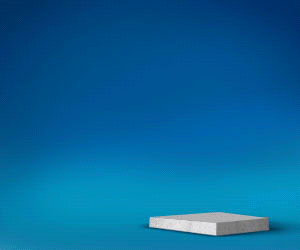Apple moved 600 tons of iPhones to the U.S. from India to shore up its supply in anticipation of tariffs. The company produces most of the supply of its marquee product, the iPhone, in China, but has recently increased production in India. With tariff threats looming over Apple’s popular iPhone, the company has taken proactive measures to secure its supply, including airlifting literal tons of its signature product to the U.S. and upping its production in India. As high tariffs were set to hit some of its biggest suppliers, including China, India, and Vietnam, Apple chartered cargo flights to fly 600 tons, or about 1.5 million iPhones, to the U.S., Reuters reported, citing anonymous sources.
Since March, about six planes with 100-ton capacities have flown iPhones from India to the U.S., according to an anonymous source and an Indian government official, Reuters reported. The company also lobbied Indian airport authorities to cut down customs to six hours from a usual 30 hours at Chennai International Airport in southern India to speed up the airlift, one source added. Apple “wanted to beat the tariff,” the source told Reuters. The company did not immediately respond to Fortune’s request for comment.


Apple is also increasing production at its iPhone plants in India by adding workers and opening the largest factory from Foxconn, Apple’s chief supplier, on Sundays, which is usually a rest day, three sources told Reuters. Over the years, Apple has shifted some production to India as the U.S. and China have ramped up tensions. The company assembled as much as 14% of its iPhones in India in 2024, Bloomberg reported. On Wednesday, President Donald Trump announced a 90-day pause on the steep tariffs announced during “Liberation Day” and instituted a universal 10% tariff effective immediately. The steeper tariffs would have directly affected several countries from which Apple imports its products, including India and Vietnam.
The announcement shot up Apple’s shares 15% in a day, giving the stock some relief from four straight days of losses and a $700 billion market-cap plunge. Still, Trump said Wednesday’s pause would not apply to Apple’s biggest supplier, China. Instead, its tariff rate would rise to 125% “based on the lack of respect” the country has shown world markets, Trump wrote in a Wednesday post on Truth Social. One day later, the White House clarified its tariff rate on Chinese imports is actually 145%. Because of the U.S. trade war with China, Apple is still in a dicey situation regarding its supply chain, wrote Dan Ives, a Wedbush Securities tech analyst. “For tech stocks this was much needed relief and pulls stocks and the market from the edge of the cliff, although China remains the biggest X variable related to Apple and the broader supply chain,” Ives wrote in a Wednesday note. Meanwhile, Apple customers have reportedly rushed to stores to try to get their hands on new devices in anticipation of price increases.







































